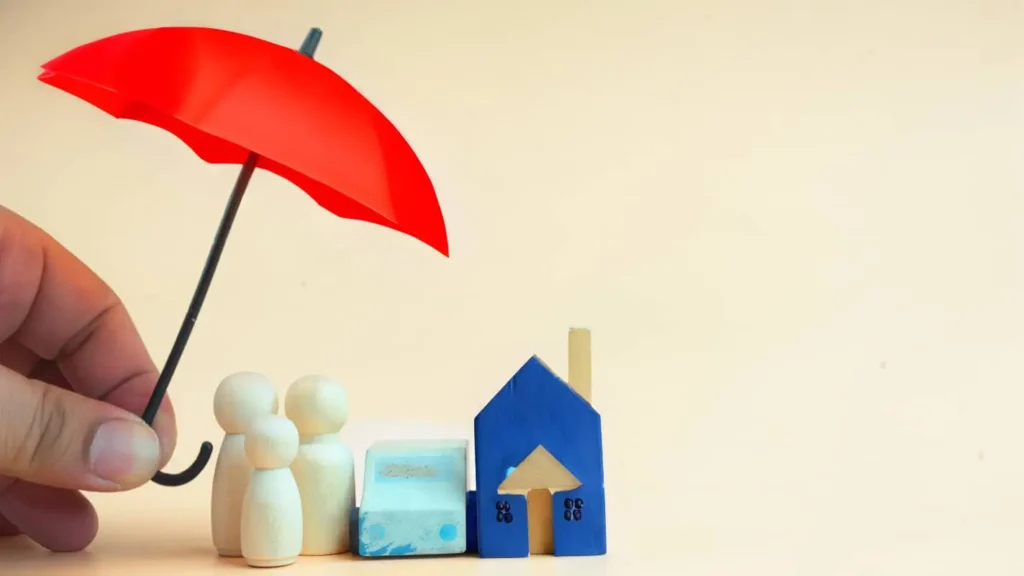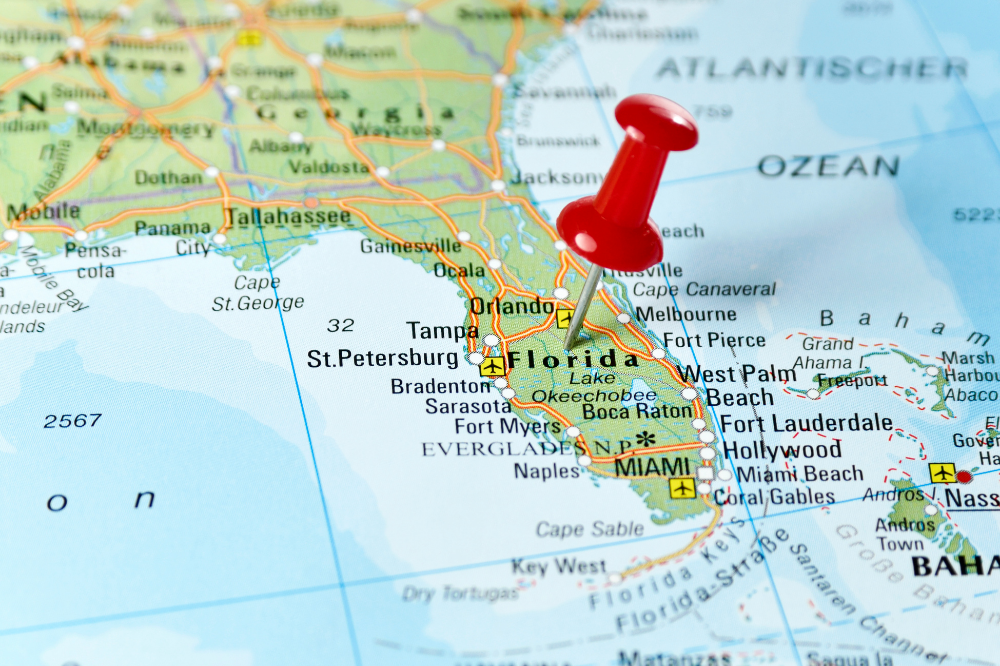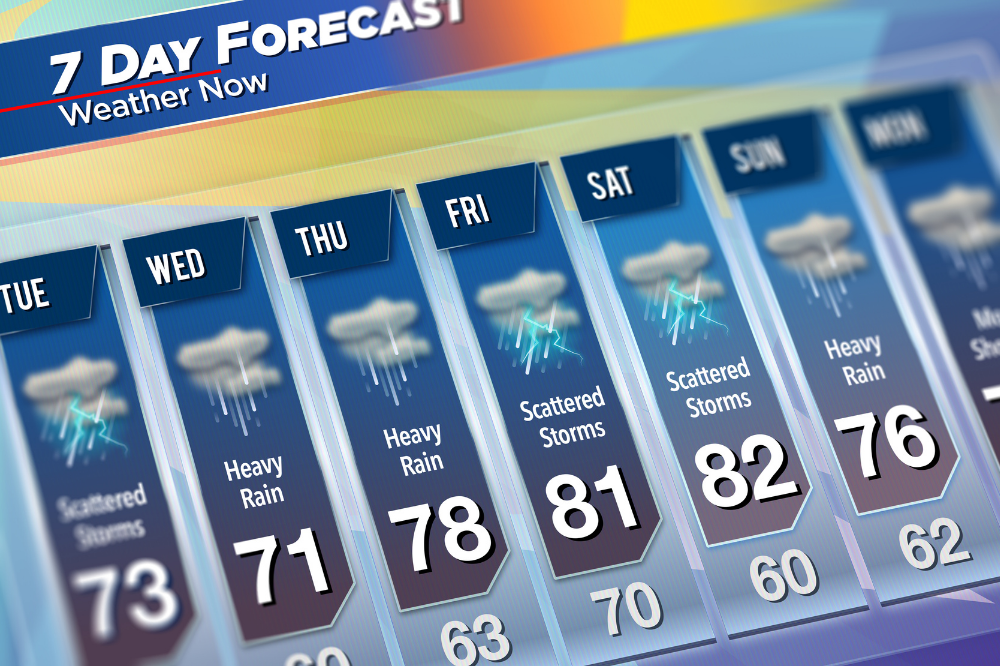Key Takeaways
- Develop an Emergency Plan: Create and practice your emergency plan with your family. Your plan should also include evacuation routes and communication strategies.
- Assemble a Survival Kit: Prepare a hurricane survival kit with essential supplies, such as food, water, medications, and important documents.
- Secure Your Home: Protect your property by installing shutters, trimming trees, and securing outdoor items before the storm approaches.
- Stay Informed: Stay updated with the storm’s development and movement. Follow local authorities for additional information and evacuation orders.
- Prioritize Safety: Stay indoors during the storm and avoid going outside until your local officials declare it safe.
Hurricane Preparedness: Protect, Prepare, and Survive
Being well-prepared for potential dangers is crucial before and during hurricane season. This helpful guide provides essential tips to help protect you, your home, and your loved ones during these powerful storms.
Understanding Hurricanes
Hurricanes are massive tropical cyclones that form over warm ocean waters. They can bring devastating winds, torrential rainfall, storm surges, and flooding to coastal and inland areas. Understanding the nature of these storms is an important first step in preparing for them.
Hurricane Categories:
Educate yourself by learning what the different hurricane categories mean. Hurricanes are classified into five categories based on their sustained wind speeds:
Category 1: 74-95 mph
Category 2: 96-110 mph
Category 3: 111-129 mph
Category 4: 130-156 mph
Category 5: 157 mph or higher
The higher the category, the higher the potential to cause significant damage to you and your property. However, even hurricanes of lower categories can cause notable destruction and pose serious risks.
Before the Storm
Preparation is key to keeping yourself and your belongings safe in a hurricane. Here are some steps to take before the storm begins:
Create an Emergency Plan
Develop a practical emergency plan that includes the following components:
- Evacuation routes and destinations
- A family communication strategy
- Meeting points, in case of separation
- Plans for pets and livestock
Ensure all family members are familiar with the plan and practice it regularly.
Build an Emergency Kit
Assemble a hurricane survival kit that includes the following supplies:
- Non-perishable food (at least a three-day supply)
- Water (one gallon per person, per day, for at least three days)
- First-aid kit and prescription medications
- Battery-powered or hand-crank radio
- Flashlights and extra batteries
- Personal hygiene items
- Essential documents in a waterproof container
- Cash and credit cards
- Sleeping bags and warm blankets
Secure Your Home
Take the following steps to help protect your property:
- Trim trees and shrubs to reduce potential debris
- Secure loose outdoor items
- Clean gutters and downspouts
- Consider installing a generator for backup power
Review Insurance Coverage
Ensure your homeowner’s insurance policy provides sufficient coverage for hurricane damage. Consider obtaining flood insurance, as standard policies typically don’t cover flood damage.
As the Hurricane Approaches
When you know a hurricane is on its way, consider these additional steps:
Stay Informed
- Monitor local news and weather reports
- Follow official social media accounts for updates
- Keep a battery-powered or hand-crank radio close by for emergency information
Prepare Your Home
- Bring outdoor furniture, decorations, and trash cans inside
- Fill bathtubs and large containers with water for washing and sanitary purposes
- Turn refrigerators and freezers to the coldest settings
- Unplug small appliances
- Evacuate if necessary
- Follow evacuation orders immediately, if applicable
- If evacuating, leave early to avoid traffic and dangerous weather conditions
- Contact your family and friends and tell them about your plans
During the Hurricane
If you’re unable to evacuate or have been instructed to shelter in place during the storm, follow these guidelines:
Stay Indoors
- Remain inside and away from windows
- Close all inside doors and secure exterior doors
- Keep curtains and blinds closed
Monitor Weather Updates
- Continue to follow local news and official updates
- Be prepared for sudden changes in the storm’s intensity or direction
Conserve Power
- Use flashlights rather than candles to avoid causing fires
- Avoid opening refrigerators and freezers unless you have to
Stay Safe
- Do not go outside, even if you think the storm is over – the eye of the hurricane can create a false sense of security
- Be on high alert for unexpected tornadoes, which can form during hurricanes
After the Hurricane
Once the storm has passed and officials have declared it safe to return home and go outside, follow these steps:
Assess the Situation
- Check for injuries in your area and provide first aid or contact emergency services if necessary
- Be on the lookout for hazards such as downed power lines and flood waters
- Do not enter damaged buildings until they’ve been inspected
Document Damage
- Take photos and videos of any property damage for insurance purposes
- If able, make any temporary repairs to prevent further damage
Begin The Recovery Process
- If you evacuated, wait until you hear from officials that it is safe to return home
- Clean and disinfect everything that got wet to prevent mold growth
- Be patient – recovery can take time, especially in severely impacted areas
Long-Term Hurricane Preparedness
To feel better prepared for future storms, think about including these steps in your hurricane prep:
Strengthen Your Home
- Upgrade your home with hurricane-resistant features
- Install impact-resistant windows and doors
- Reinforce roof trusses and wall connections
Create a Home Inventory
- Document your belongings with photos, videos, and receipts
- Store this inventory in a secure, off-site location or cloud storage
Develop Community Connections
- Get to know your neighbors and local community
- Participate in community emergency preparedness initiatives
Special Considerations
For Those with Disabilities or Special Needs
- Register with your local emergency management services to receive special assistance
- Ensure that your emergency kit includes all the medical supplies and equipment that you may need
- Have easy access to a backup power source for essential medical devices, if needed
For Pet Owners
- Be sure to include pet food, water, and any other supplies in your emergency kit
- Microchip and place collars with up-to-date information on your pet in case they escape or get lost during the storm
- Research pet-friendly evacuation shelters or hotels in advance
Conclusion
It’s crucial to stay prepared for hurricanes at all times, not just when a storm is approaching. Following these tips and staying updated can significantly improve your odds of surviving a hurricane and keeping your property safe. Remember, it’s always better to over-prepare than be caught off guard. Stay safe, stay prepared, and weather the storm with confidence. Learn more at hurricane safety program.org.



